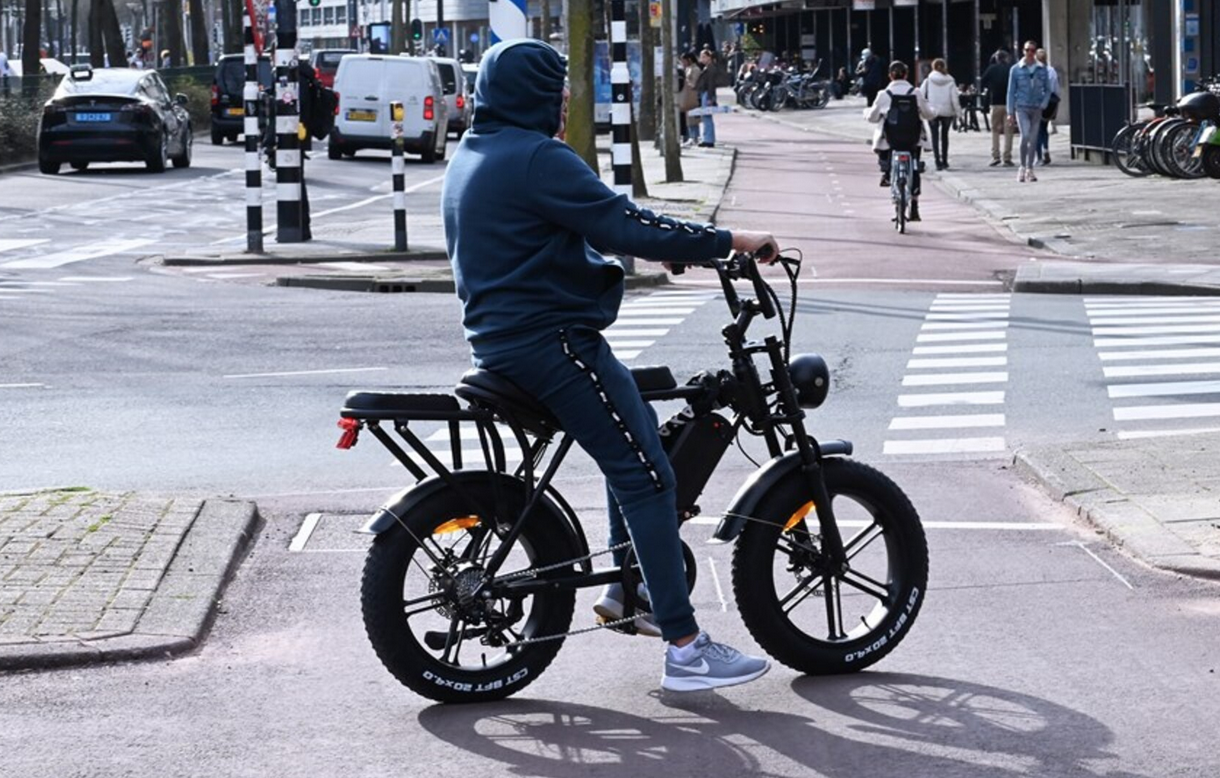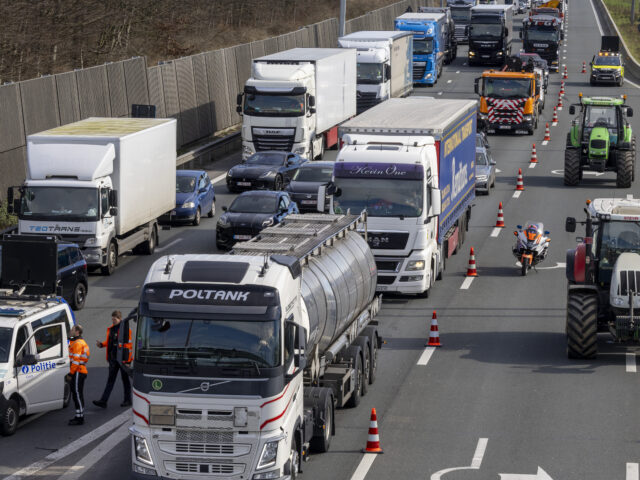Fatbikes are a fast-growing phenomenon in the Netherlands, with increasing risks of accidents and theft. That’s why a growing number of insurance companies are imposing very stringent conditions for coverage or simply refusing to insure them.
The main users of fatbikes in the Netherlands are young people who refuse to wear a helmet and are transitioning from scooters to fatbikes. An additional problem is that these fatbikes are easy to tune and have a far higher top speed than the legally admitted 25 kph, which also gives insurance liabilities.
Not easy to insure
Hans de Kok, director at Pricewise, a digital comparison platform: “It’s tough nowadays to insure a fatbike. This kind of bike is prone to theft and can cause severe damage (to the rider and others). Insurance companies consider them as high-risk and don’t offer contracts anymore.”
Insurance companies like the Dutch mobility club ANWB, Centraal Beheer, Inshared, Univé, Allianz, Alpina, and others have already halted their insurance possibilities for fatbikes.
Others are still insuring them, but at specific conditions. Interpolis and Upway are still insuring against theft and bike damage. There are fatbike producers like Phatfour and Knaap that offer their own insurance. But all of them have strengthened conditions. Generally, the bike has to have an ART2 lock (or higher) and a GPS track and trace system.
Tuning is unlawful
Tuned fatbikes are not complying with legislation. They can drive faster than 25 kph and are therefore not categorized anymore as ‘weak road users’. So they move to the car, motorbike, or scooter category, and people having an accident with an illegally tuned fatbike will often be denied indemnification by insurance companies.
An approved fatbike has to be the EN-154 194 approval label. Fatbikes are often made or tuned with ill-tested, illegal parts that have frequent breakdowns and are prone to rust. In any way, the maximum speed has to be limited to 25 kph. It can’t be moved without using the pedals, and it is not allowed to have a gas handle.
Youngsters who cause damage to others with their fatbike are covered by their parents’ liability insurance, but such insurance is not legally obliged.




Comments
Ready to join the conversation?
You must be an active subscriber to leave a comment.
Subscribe Today